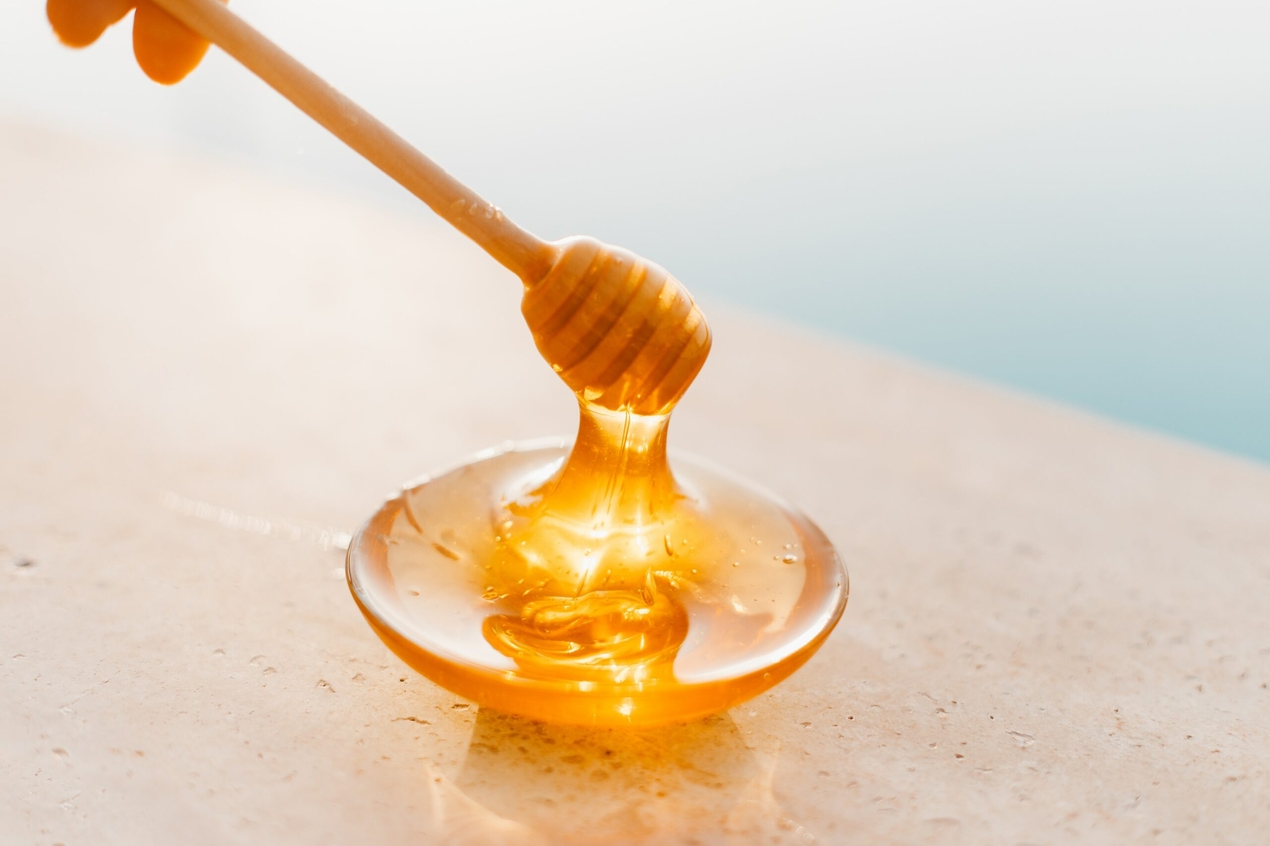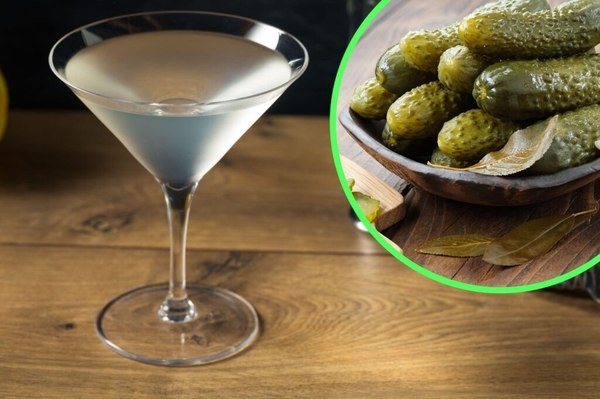Why honey is now at the centre of international crime
30 Jul 2018
4m

People have always liked honey. At the centre of almost every successful empire in human history has been an unseen workforce of buzzing bees, busily pollinating, producing and providing sticky sweet sustenance for people of every economic and social class. You might have been born rich or poor, but you would all have had honey in common.
This shared enthusiasm for all things golden spread across Africa, Europe, Asia and America. Ancient Egyptian tombs have been found stacked full of jars of still-edible syrup, whilst daring honey hunters in Nepal continue to use the dangerous traditional techniques of their forebears to poke chunks of honeycomb from perilous cliff edges. Like a bunch of mad Pooh bears, we’re prepared to do almost anything to get our hands on the good stuff. Perhaps that explains why the modern industry has turned to crime.Today, the honey business is booming. A growing population and an emphasis on natural health foods from consumers has helped demand to reach unprecedented levels. Rather than eat food full of refined sugars, modern diners are far likelier to opt for the perceived health benefits of a food like honey. This has seen sales skyrocket, to the point where 574 million pounds are being consumed in the US each year. You might think that there’s never been a better time to be in the bee business.
The problem lies with the productivity and capabilities of the world’s hives. Combined, all the beekeepers in America produce between 160 and 170 million pounds of honey every year. Though clearly a vast amount, it is nowhere near enough to cater for public demand. The same is true on a global scale, where levels of production don’t seem to stack up to what is being sold. All it takes is a little digging to discover that there is something sinister at the heart of the honey industry.
That dark heart is the subject of episode one of Netflix documentary series Rotten. Examining the issues that affect the modern food industry, Rotten offers viewers an inside look at what they’re really spreading on their toast every morning. The reality is, to say the least, shocking.
Over the past decades, American agencies have been involved in a covert, honey-based Cold War. In a bid to make money from the American demand for more honey, importers from around the world, especially China, have sought to flood the market with artificially enhanced and altered products, to the point where what many American consumers are buying may not even be honey at all. In fact, a recent study from Texas A&M University revealed that as much as 76 per cent of honey in the United States may be fake. This is fraud on an international scale.
The documentary follows both the officials trying to win an unending arms race against Chinese smugglers and the businesses who find themselves in the firing line. Both sides of the story offer a compelling look at an industry that you might not give much thought to, but is at the centre of a geopolitical storm.
The technical side of honey fraud has many facets. In some instances, importers simply bulk up naturally produced honey with a cheap substitute, such as rice syrup. The result is still sticky and sweet, but lacks any of the vibrant flavour or health benefits of the real thing. Beyond this, some producers have taken to illegally pumping their bees full of antibacterial medication in a bid to keep hives healthy – drugs which can, in some cases, prove fatal to humans. Such is the demand for the product, however, that the risks are seen to be worth it.
With attacks coming from every direction, the work to detect and identify rogue honey is more important than ever. In Rotten, viewers get the chance to go behind the scenes into the labs on the front line, where scientists are examining imports on a molecular level in order to ascertain whether a shipment is safe. It’s arduous but vital work.
Beyond the fraudulent produce arriving from overseas, the documentary also explores how the changing industry is affecting domestic beekeepers. Tales of hive theft, colony destruction and farmers who have to continually shift their bees across the country just to make ends meet reveal that the honey industry is extremely complex.
Thanks to effective marketing and the promise of improved health, the world has bought into the idea that honey is the food of the future. Unfortunately, this has left us with an environment ripe for exploitation. Rotten proves that unless you’re buying locally sourced and produced honey, it’s very difficult to tell exactly what you might be eating. It could be something as harmless as rice syrup. It could be something far more sinister. However innocuous you think honey may be, this story makes it clear that there’s more to the industry than meets the eye.


